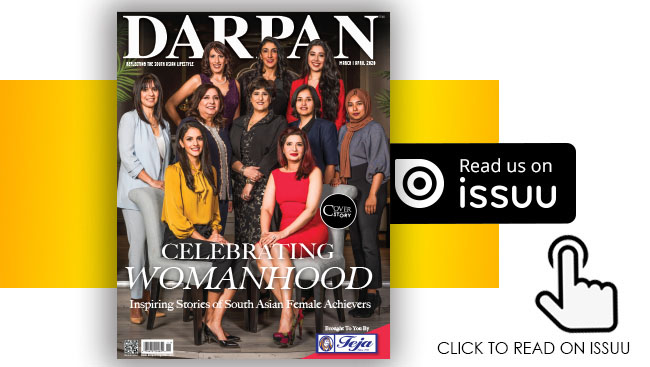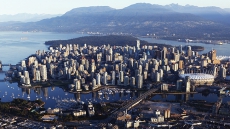The practice of travelling to another country for the sole purpose of giving birth is growing. About 2 per cent of all births in BC are by non-residents.
Growing faster than the overall population of Canada and even the rate of immigration, is a phenomenon called birth tourism, the practice of travelling to another country for the sole purpose of giving birth. As the baby automatically gets citizenship of that country, becoming the “anchor baby,” parents’ immigration to the country becomes much easier. As birth tourism continues to rise, about 2 per cent of all births in BC are by non-residents.
Taking a closer look at Richmond Hospital alone, 22.1 per cent of all babies born during the last fiscal year were delivered by non-residents of BC. Majority of such birth occurrences are taking place in British Columbia, Ontario, and Quebec. Diving into the reasons behind why this practice is on the rise, the fundamental driver is that of opportunity. In an interview with CBC, Cathy Shi of Shandong, China, shares why she chose to travel to Canada to give birth to her child, “My concern is about their education, such as going to university. If the kid wants to live in Canada, it would be convenient for them if they’re born here.” Keep in mind that Canadian citizens have to pay much lower tuition rates for post-secondary education, compared to international students.

In fact, there are online advertisements especially targeted towards Chinese mothers from China, indicating the benefits of giving birth in Canada. These advertisements clearly outline the advantages of Canada over countries like the US, where visas might not be granted as easily. Furthermore, specifications such as the child being able to sponsor the parents into the country after the age of 18, are depicted.
From a legal lens, any child born in Canada is entitled to Canadian citizenship. However, Richmond’s Mayor Malcolm Brodie, shares, “People are abusing the system and we will pay a price right now with our medical system.” With no regulatory mandate in place, neither the Canada Border Services Agency nor Immigration, Refugees and Citizenship Canada tracks the entry of pregnant nonresidents into the country as per Canadian policy. Even at the hospital level, the mother’s nationality is not a required perquisite or question when granting a birth certificate.

An issue also arises surrounding the need to evaluate the strain on the health care system on a federal level. Hospital wait times are a common problem nationally, and birth tourism makes it no easier. Nurses report that, due to the influx of patients from other countries, many pregnant women that live in the country are unable to get the services that they need. Both fetal and maternal tests and check-ups must be cancelled and delayed as there is not enough staff available to cover the number of patients. From a business perspective, women needing delivery services from another country are rarely sent home as the transaction is a private one, bringing monetary gain to the hospital.
Moreover, as private bills can sometimes accumulate to a large amount depending on the mother’s or baby’s condition, there is reason to believe that these bills sometimes go unpaid and there is debt owed. As per Christine Sorensen, president of the BC Nurses’ Union, the lack of funding and staff, coupled with the addition of more patients, is causing a system-wide strain. The system is simply not built to serve people that are not from the country of Canada. Even while planning budget at hospitals, birth tourism is not necessarily taken into account.

Taking a look at the global arena, countries like Australia, the United Kingdom, New Zealand, France, Germany and South Africa have already made changes to their citizenship laws so that birth tourism can be discouraged. More recently, the Trump administration in the US made it possible for its customs officers to exercise more power to keep pregnant women from entering the country for birth-giving purposes. When looking at the next possible best option, Canada tops the list. Given that doctors are unable to turn people away that are in need of care, including labor pain, the problem is more prevalent now than ever before.
In a letter to the editor, Richmond resident, Jack Travato, shines an interesting perspective, “We have all experienced the utter frustration of waiting in line for our favorite amusement park ride when a group cuts in front of us, thereby making our wait even longer.” Similarly, the Canadian tax-payer is having to bear the burden of the expenses of birth tourism. According to the Angus Reid Institute poll conducted in March 2019, more than 60 per cent of Canadians are in favour of strengthening laws that discourage birth tourism. Taking a look at this number with more granularity, those over the age of 55 thought of birth tourism as a much more serious problem for Canada than those under the age of 35.
Of course, the argument for the possibility of temporary residents eventually contributing to the country’s social and economic wealth still stands. However, the financial and systematic strain being brought to Canada cannot be overlooked. When it comes to birth tourism, more research needs to be conducted on the issue and greater transparency must be practiced on all levels - from the hospital room to the federal files that create legislative action.





